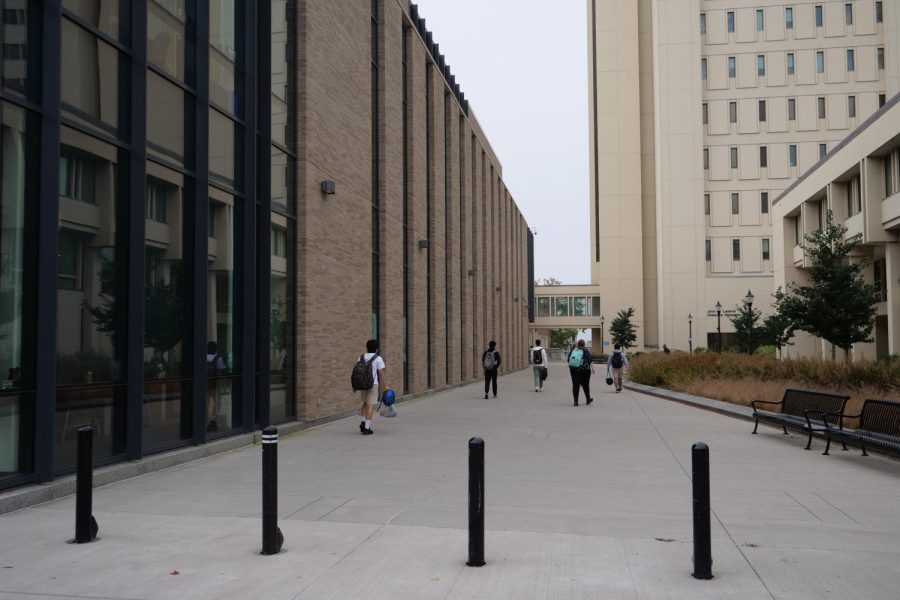Transferring schools is hard enough, as you are leaving a place where you have already established a support system. I am a transfer student, and so are most of my friends at the University of Massachusetts. We all seem to run into the same obstacle that makes the transition even harder: the level of priority we get in relation to other UMass students.
With class enrollment and housing selection, the priority of transfer students is equal to that of freshmen because the University decides priority based on the number of credits earned at UMass. Credits earned from a different institution are not counted. This means that transfers are the last to enroll in classes and receive housing. This can cause a big issue in an already stressful situation. I experienced first-hand how frustrating this can be.
Last year, when I finally made the decision to transfer schools, I knew I wanted to go to UMass. I fell in love with the campus and felt that the University prioritized its students in a way that I rarely saw in other schools. The University emphasized that its main goal with transfers is to make them feel welcome and set them up for success.
It worked towards achieving this by putting together a series of programs collectively called New Student Orientation & Transitions. NSOT not only introduces transfers to the University but also encourages students to mingle with others who are sharing the same experiences. I ended up meeting my closest friends here through NSOT and am grateful for it. However, this does not mean that other aspects cannot be improved.
Certain issues came to light very quickly. The day housing was released, I was shocked to learn that I would be spending a portion of my first semester off-campus in a hotel in Hadley, called the Econo Lodge. As an out-of-state student, this was particularly nerve-wracking as the only people I knew here I had met a month ago. I didn’t know how I would be getting to and from campus, how this would affect my meal plan or my ability to get to classes.
In a situation where I already felt out of place and isolated, the feeling was only amplified. The University did its best to make good of a bad situation by answering questions in a timely manner and providing support when it was needed. However, other issues popped up concerning class enrollment.
Enrolling in required classes is a frustrating process that is talked about often. Laura Langone, a junior, said her sign-up day was nearly a month after she was emailed with her appointment, meaning she had to email professors and Tas to override into the classes she needed. “It’s not fair for us juniors because I feel that if it’s a requirement for my major, why are we not the first ones to take it?” she said. I feel that this issue of priority shows a lapse in the thoughtfulness that was shown in other aspects of the transition process.
When deciding priority, the University should consider the student’s academic year, level of required classes and the cumulative credits earned from every institution they attended. This would ensure that all students have a fair chance to get into the classes they need, cutting down on at least some of the frustration and stress involved. Upperclassmen should not feel as though they are valued as last, especially since they are nearing a very important time in their academic careers.
It doesn’t make sense for the priority of transfers to be equal to that of freshmen because the classes needed are at a much higher level, and availability is already very limited. Overall, UMass is a great school that ultimately cares about its students. This makes me hopeful that they will at least consider a change to this part of the system.
Katie Seda can be reached at [email protected] and followed on Twitter @KatieSeda_.



















